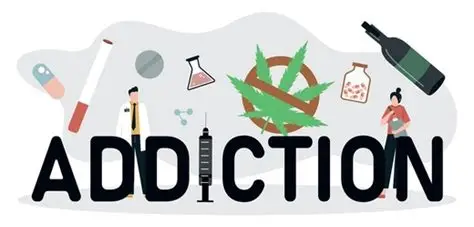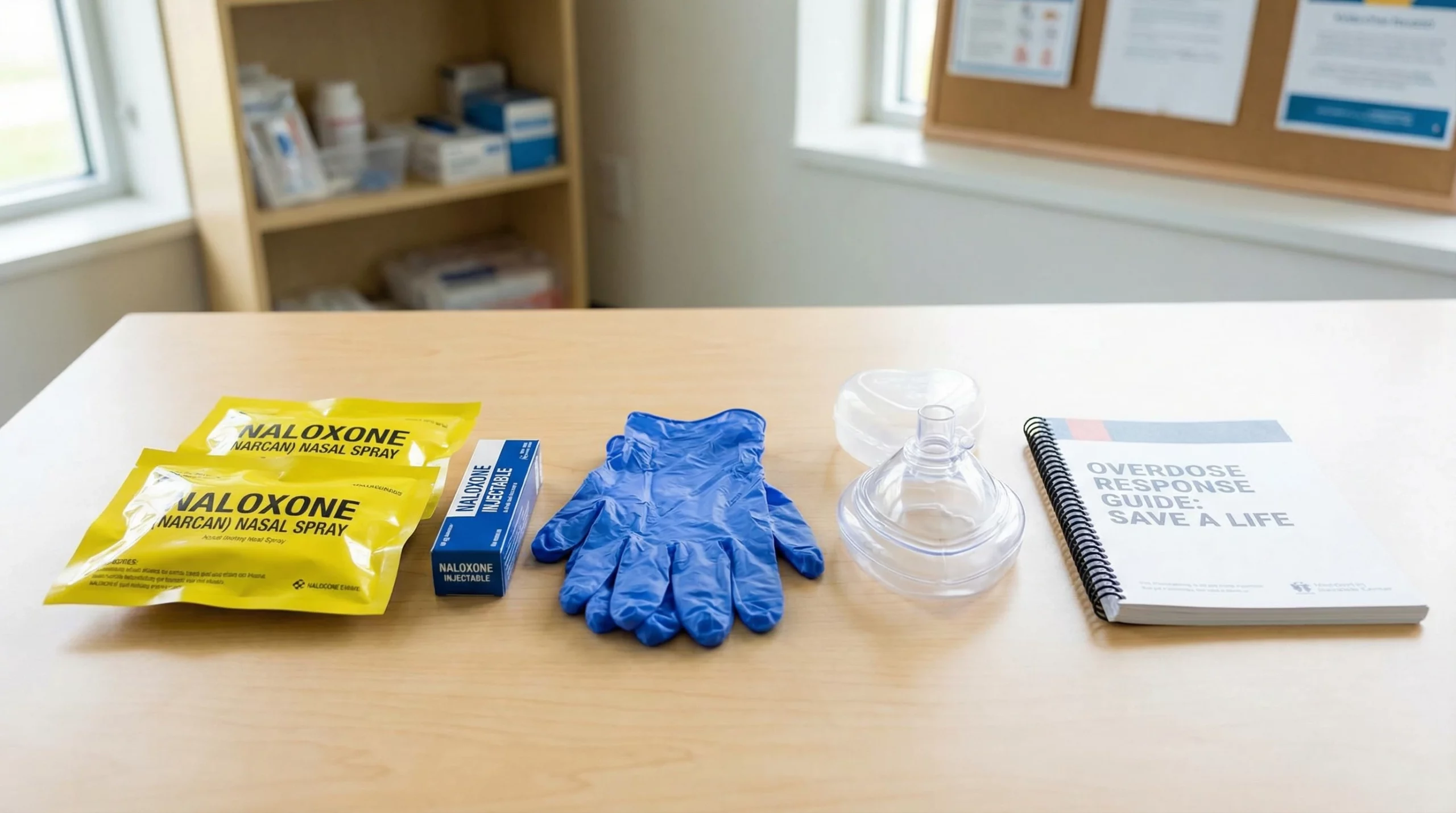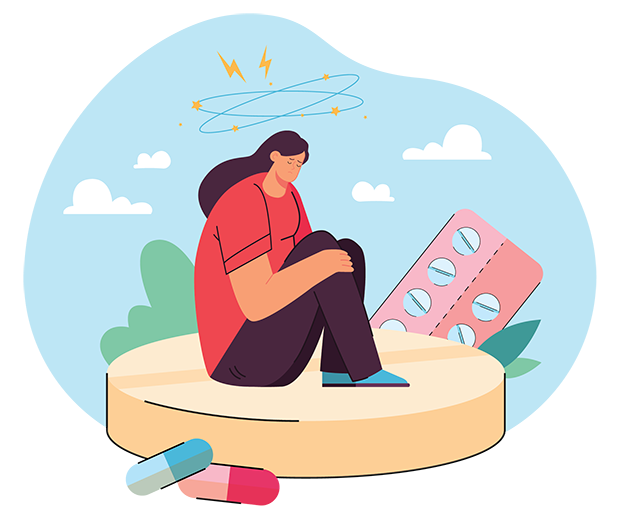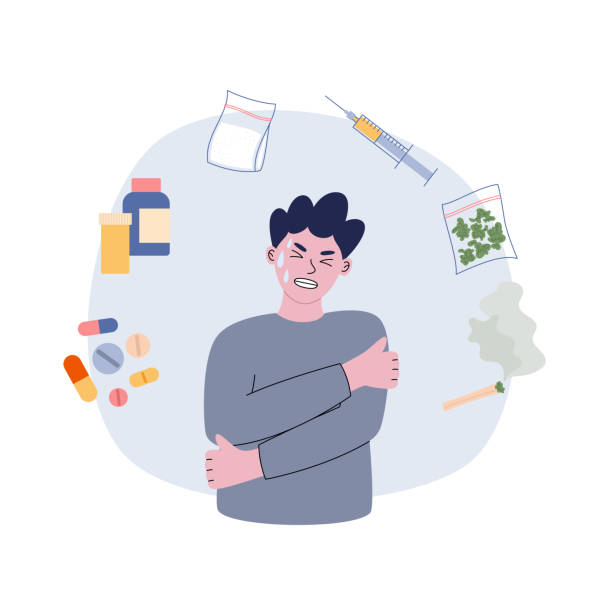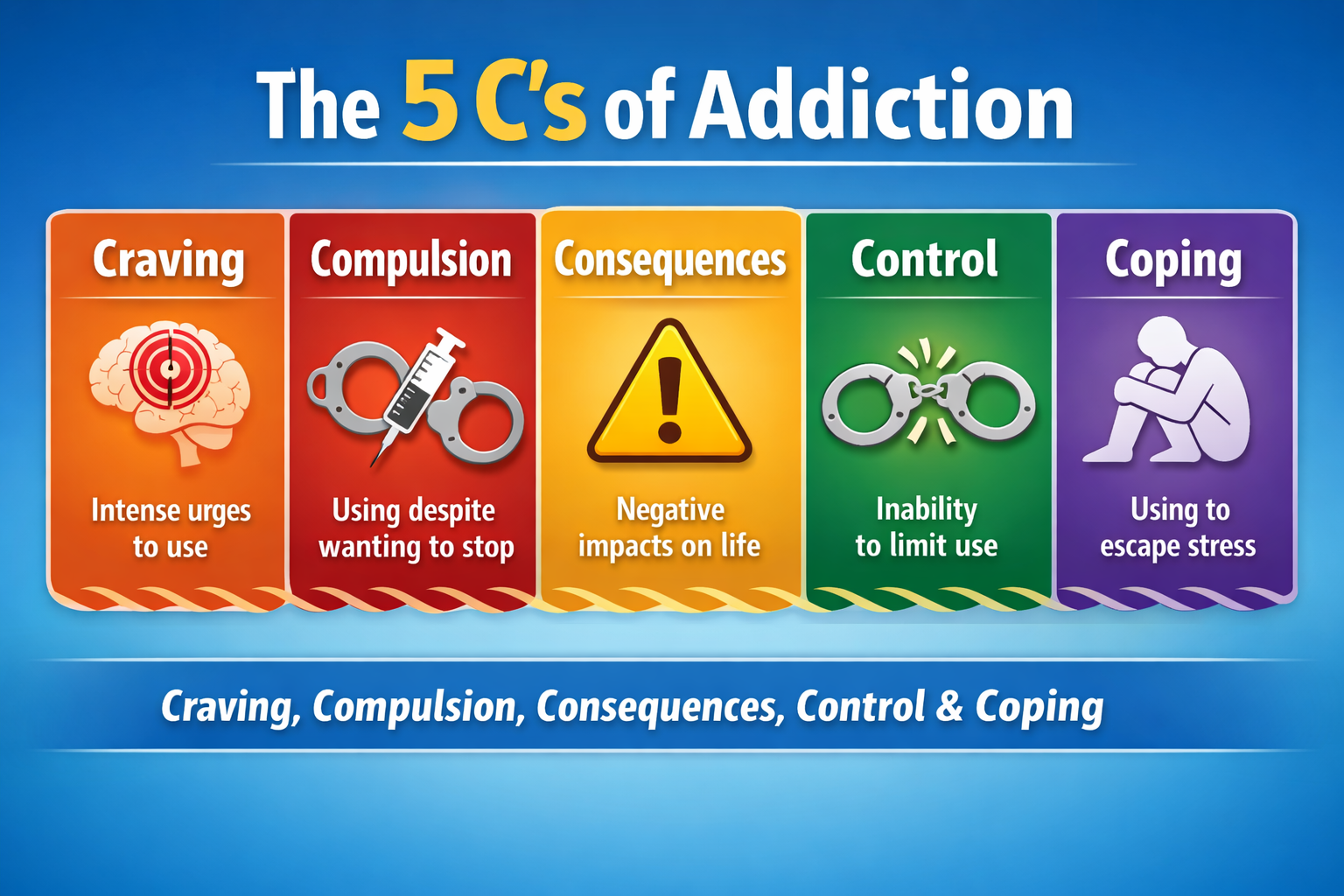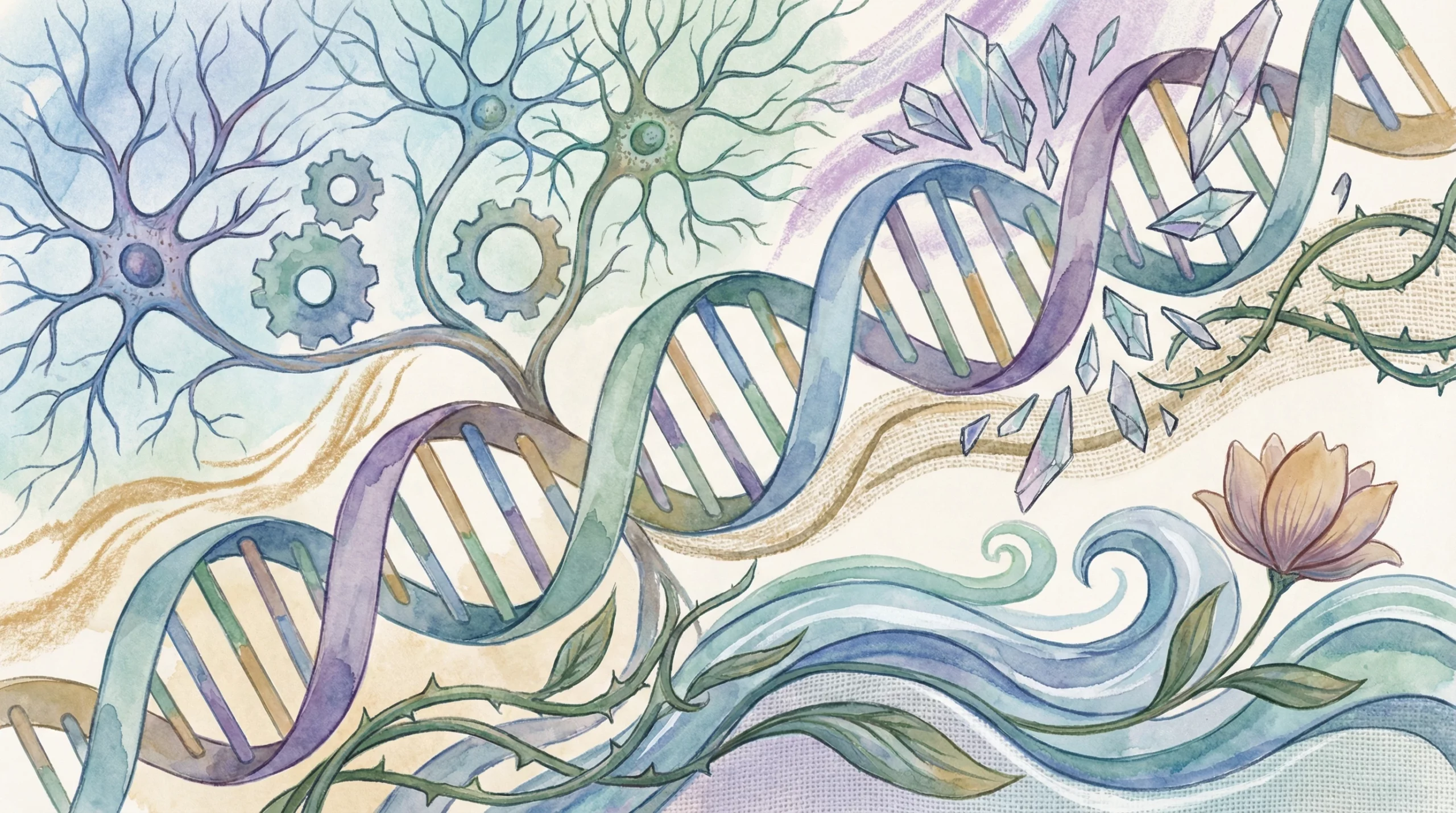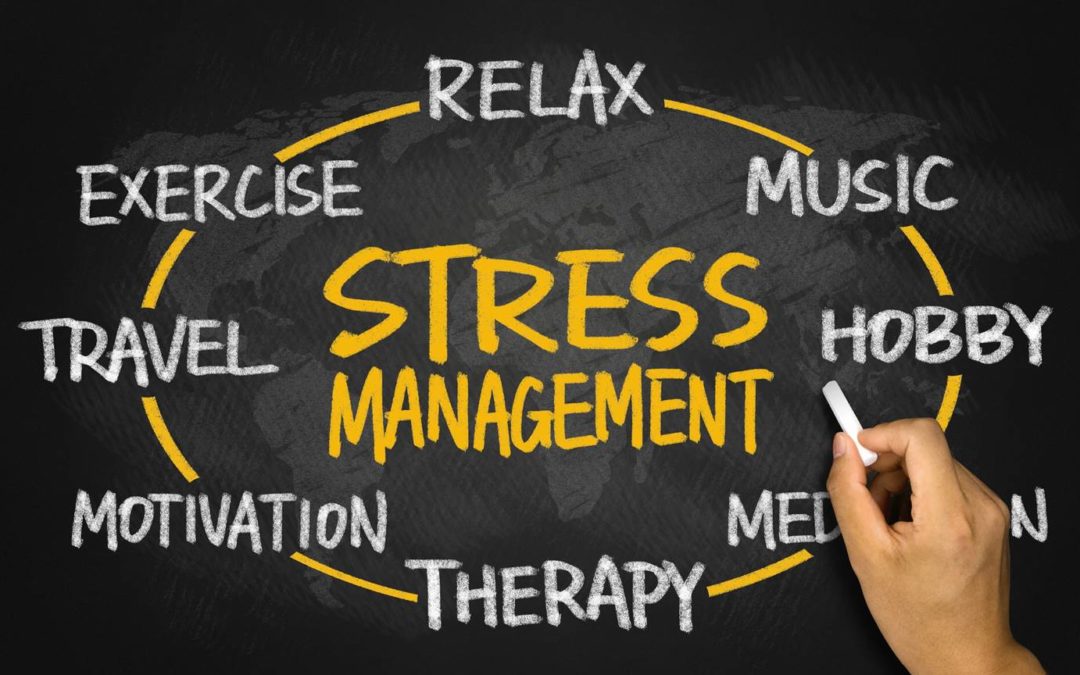10 Things to Know About Addiction
Addiction affects people from every walk of life. It’s not just about drugs or alcohol, and it’s not a matter of lacking willpower. The more I’ve learned about addiction, through research and from people sharing their stories, the clearer it’s become how important it is to really understand what addiction is, where it comes from, … Read more
